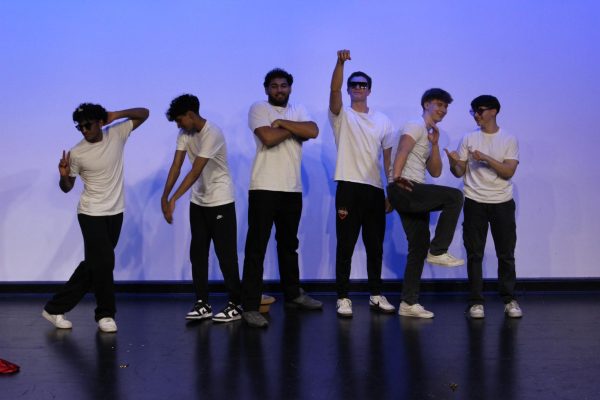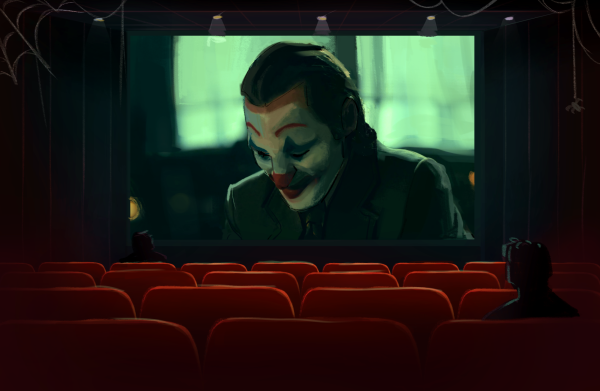How COVID-19 has changed the entertainment industry
With the onset of the COVID-19 pandemic last spring, many people looked to movies and television to keep themselves entertained. From Netflix’s “The Tiger King” to Disney’s “The Mandalorian”, the entertainment industry has still managed to provide fans with everything from witty comedies to sob-worthy stories and everything in between.
But now, change is on the horizon for the entertainment industry. With new restrictions put in place to movie theater closures, the way entertainment is produced and consumed has changed drastically during the pandemic and will continue to persist for years to come.
The COVID-19 pandemic marked the rise of streaming services. According to the Motion Pictures Association, subscriptions to streaming services climbed to 308 million in the US, a 31 percent increase from 2019.
This development is largely driven by the closure of traditional brick and mortar movie theaters. With this loss, consumers turned to streaming services to get their fill, and production companies made sure to take advantage of it.
In March of 2020, Disney released their live-action remake of the animated film Mulan on Disney+. Along with the subscription fee, viewers would have to pay another fee of $29.99 to gain access to the film. While this additional fee was not a popular decision, it is reported that around 1.1 million households in the US watched Mulan through Disney+, generating about $34 million in revenue.
In a traditional movie theater setting, Disney would have had to split revenue with the theater. Since the movie was streamed directly through their own platform, however, Disney was able to keep 100 percent of the revenue.
A more recent success was with the release of “Godzilla vs. Kong” in March. According to Forbes, the movie grossed around $350 million globally, taking its place as the highest grossing film in more than a year. This was due in part to its simultaneous release in theaters and on the streaming service HBO Max, making it the most watched content on the platform since its release. This split-release model, proven its success, is bound to be increasingly utilized in the coming years.
Aside from the consumership of entertainment, the production and behind-the-scenes process is changing as well.
Many common COVID safety protocols are going to become a staple in workplaces and on film sets. Erik Feig of the Lionsgate motion picture group recently signed a lease on a much larger, more spacious office complete with socially distanced work stations lined with plexiglass and “revamped air flow systems,” according to an article in Variety.
“Malcolm and Marie” was one of the first feature length films to be completed during quarantine. For a safe production, the production team devised a plan with plenty of guidelines. The location selected was a private, remote house on a 33-acre property. All living accommodations were made on the property, and no one was allowed to leave during the filming process.
Plenty more guidelines were put in place, including limits on the amount of people on set, transportation, food, production meetings, set visits, and much more. Similar guidelines have been used in the TV industry, as shows such as “Riverdale” and “Blue Bloods” have returned to set and start up production.
Remote and hybrid work models are going to be increasingly utilized within production and work staff as well. Surveys show that nearly a third of employees are against a full-time return to in-person work. After the pandemic, ViacomCBS, a mass media company, plans on having 70 percent of their employees work on a hybrid schedule, working from home and from the office, according to a different Variety article.
While remote work does limit in-person connection, it also opens up opportunities for those once limited by location and commute.
“Borders are drawn by people, by government, they don’t actually corral talent,” Eli Holzman, CEO of Industrial Media, said in an interview with Variety. “There is a great opportunity to work with people from around the world.”
The onset of the COVID-19 pandemic forced the entertainment industry to adapt to the new challenges brought along with it. Not only have these changes improved function during the pandemic but have also brought lasting change that will address the evolving needs of those who create and consume entertainment.

Shiphrah Moses is a senior and is the Managing Editor of The Californian. This is her second year as a part of the class and is excited to finally be doing...



